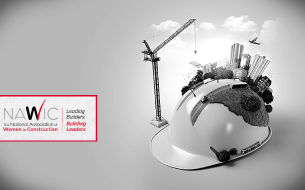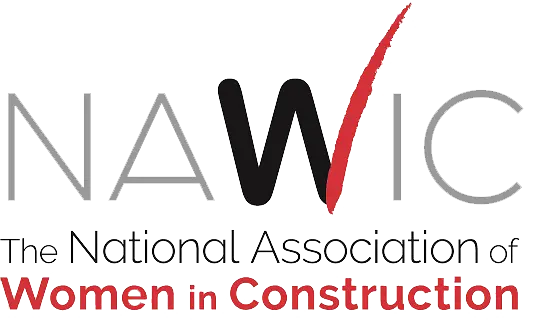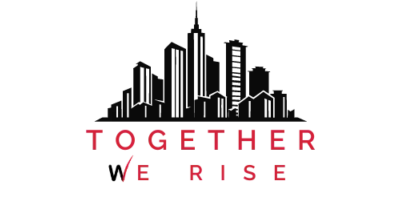In the field of green construction, female builders are finding new points of entry to the historically male-dominated construction industry.

In the field of green construction, female builders are finding new points of entry to the historically male-dominated construction industry. But there is still room for growth in this lucrative field.
Workers with green construction skills are in high demand. In its Global Green Skills Report 2023, LinkedIn found the median LinkedIn hiring rate for workers with at least one green skill was 29% higher than the workforce average. Yet, there is a gender gap that has been stagnant since 2015, with only 62 women for every 100 men considered green talent, according to that report. However, new programs are aiming to change that.
What is green construction?
Green construction is the practice of building using environmentally friendly, sustainable and resource efficient methods. In addition to traditional construction occupations that incorporate green skills, new opportunities for women to enter the field include roles such as renewable energy specialists, green design professionals, environmental technicians, green architects, solar energy consultants, architectural lighting designers, and more.
Professional women in green construction
For professional women working in green building, the challenge of green construction is finding creative, environmentally friendly and cost-effective solutions that fulfill the needs of the community within the constraints of government policy and current technology. As female builders, however, they also share the challenges of other women in construction, such as a lack of representation in the field, fewer opportunities for advancement, and the need for flexible schedules, health insurance, and family leave.
In a March 2023 article from the U.S. Green Building Council, female builders stressed the importance of mentorship and male allies for attracting young women professionals to the field. They also mentioned the need for more women in leadership, family leave options, properly fitted PPE, health insurance, pay transparency, and flexible schedules.
In the article, Hannah Baghdadi, a sustainability and environmental analyst for Corning, shared, “I think the industry could boost women’s involvement by spreading awareness about green roles at all stages of a career. First, educators should introduce students of all age groups to the green industry. Next, higher education institutions should provide scholarship opportunities to incentivize women to pursue a major in green areas of studies. Finally, companies could offer internships for women focused on green roles, while nonprofits could create specialty focus groups, societies, panels and roundtables for women leaders to share their experiences with the next generation.”
Engaging the next generation
Baghdadi and other women in green construction are helping to introduce the next generation to careers in the field. She led a “Girls Go Green at Corning” workshop with an all-women volunteer team to introduce students to Corning’s energy management program and planned to host another sustainability-related session that would help students learn to identify energy-, water- and waste-saving opportunities in an office setting.
For Meredith Hendricks, vice president – sustainability of Entegrity, waste audits are one of her favorite sustainability activities for youth. “I know it seems odd to enjoy sifting through trash, but this has been exceptionally fun over the last two years, partly because we engage K–12 students in the process (and they really get into it). It’s fun to share our knowledge and passion around waste reduction and encouraging to see the excitement and engagement in the next generation,” she said in the March 2023 article from the U.S. Green Building Council.
Training today’s female builders
To attract women to the field today, training, certification and workforce development programs increase awareness of career opportunities while helping female builders develop in-demand green skills.
The U.S. Green Building Council’s LEED (Leadership in Energy and Environmental Design) certification is the most widely used green building rating system, recognized around the world. USGBC offers LEED Green Associate and the LEED Advanced Professional (AP) certification programs to recognize proficiency in sustainable construction. In addition to its comprehensive construction education programs, the National Center for Construction Education & Research (NCCER) also offers green construction training and the Sustainable Construction Supervisor Training and Certification programs.
In North Carolina, the City of Charlotte has created a workforce development program designed to introduce potential workers to HVAC and electrical occupations with an emphasis on renewable energy and efficiency. The program offers electrical and HVAC training, plus comprehensive support such as resume, cover letter and interview coaching, mentoring, and digital and financial literacy coaching. Upon completion of the 13-week Renewable Energy and Efficiency Workforce (“RENEW”) Training Program, participants may also earn EPA 608 certification for dealing with refrigerants and Green Building certification. Corporate partners provide employment opportunities for successful participants. In 2021, the Goodwill Construction Skills Training Center in partnership with the City of Charlotte, launched the first female cohort of the RENEW Training Program, nicknamed SHENEW by participants. Halfway through the program, one of the participants had already been hired as the electrical office manager for a local company.
Supporting women in construction
The National Association of Women in Construction provides all female builders with support, networking and mentorship, leadership training, and educational opportunities. NAWIC has more than 6,100 members in 118 chapters across the US, and affiliates across the globe. Contact a chapter near you to learn more.


